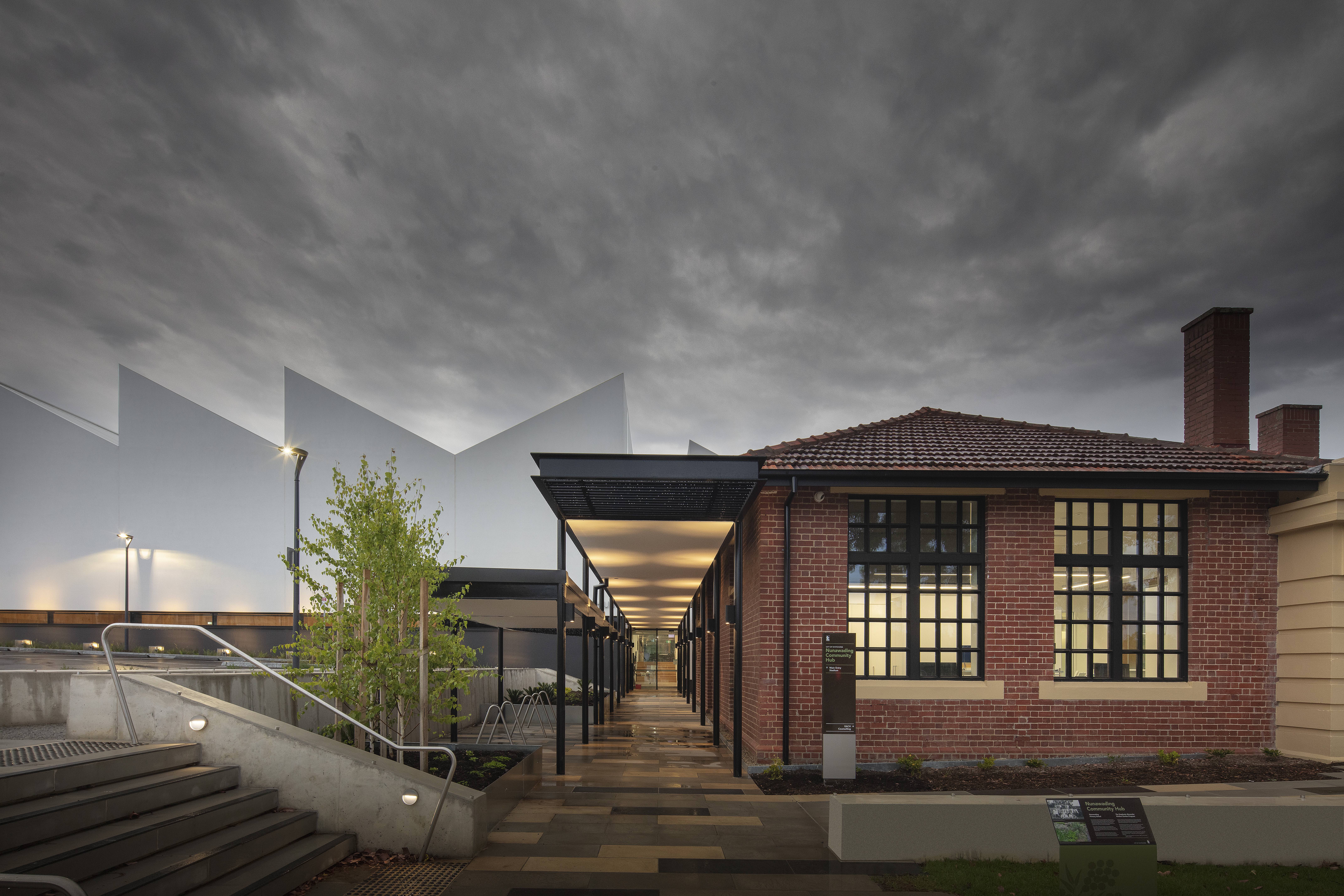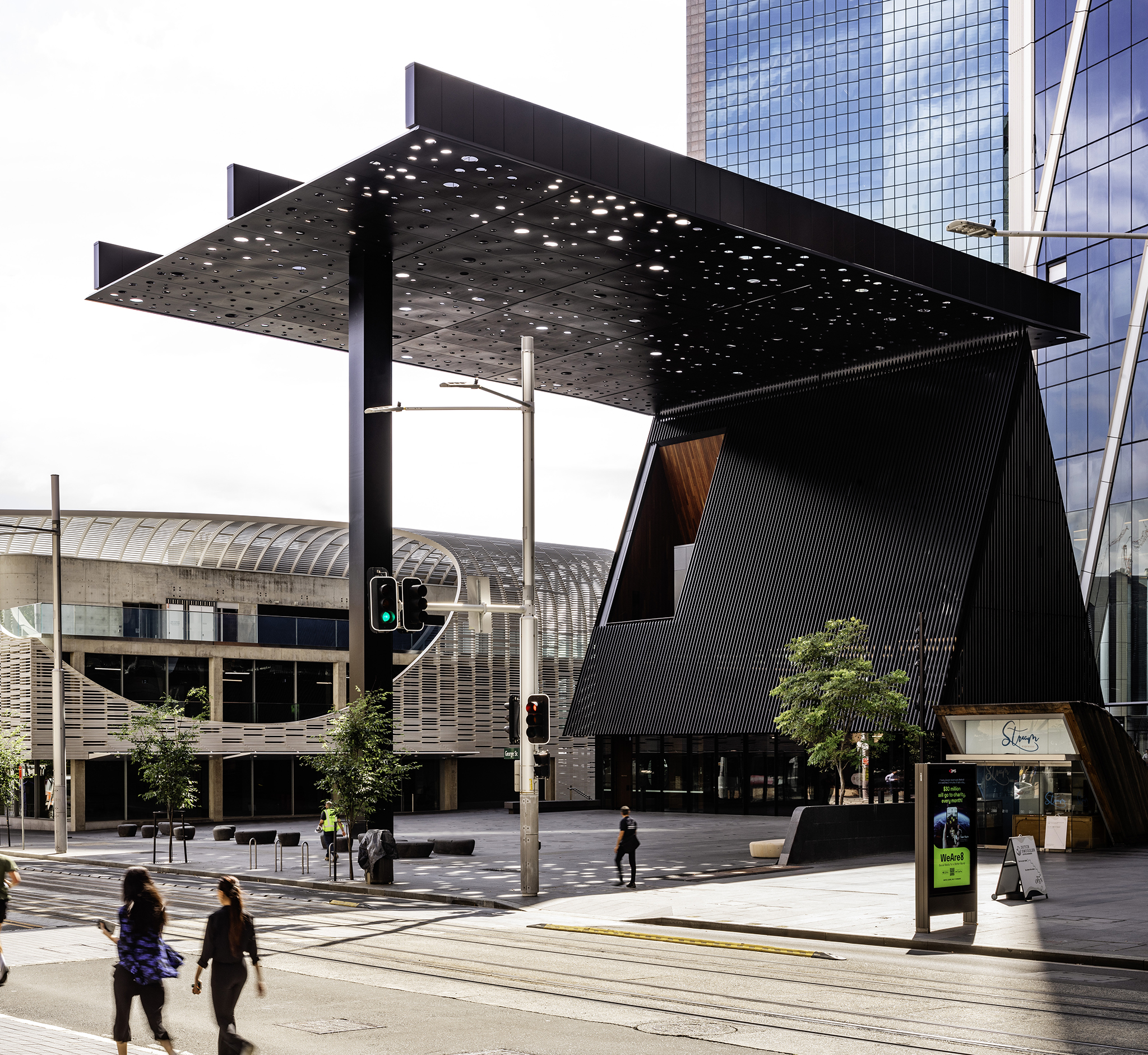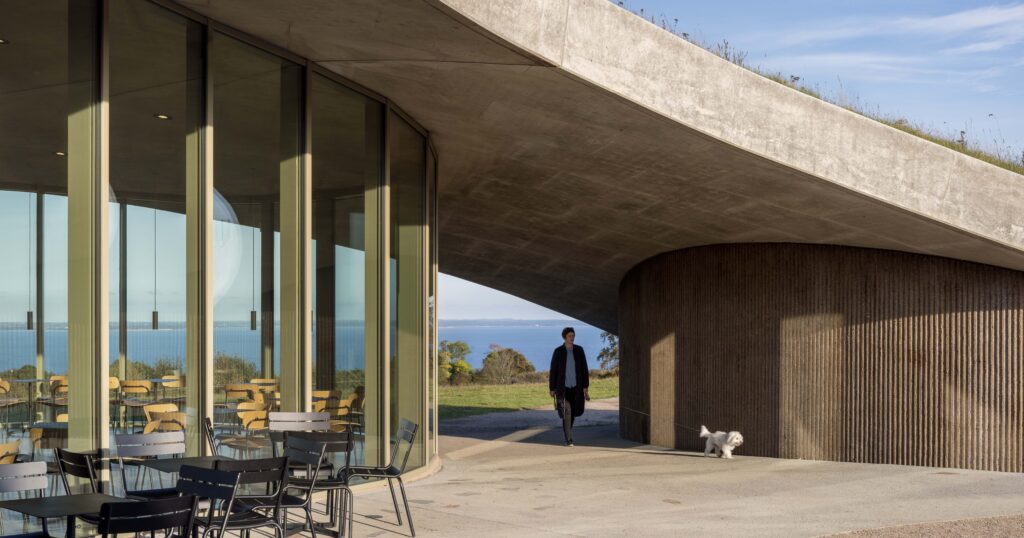Architizer’s 13th A+Awards features a suite of sustainability-focused categories recognizing designers that are building a greener industry — and a better future. Start your entry to receive global recognition for your work!
In 1930, the economist John Maynard Keynes predicted in an essay, “Economic Possibilities for our Grandchildren,” that by 2030, we would be working just three hours a day, with the rest of our time devoted to leisure, cultural pursuits and civic engagement. Unsurprisingly, experts at the time laughed.
Yet, as we rapidly approach that date, his almost a century-old prediction feels less like a pipe dream and more like a possibility. Artificial intelligence is surging toward a projected $1.3 trillion market value by 2030 and entire categories of human labor are expected to vanish in its wake. As a result, we now see ourselves standing at the threshold of what some are calling a “post-work” society. Unlike in Keynes’s time, many experts are now confident that the spread of AI could mean that human labor is no longer necessary to generate the material wealth required for everyone to live comfortably.
Across Europe, Universal Income is already being explored with generally positive results. It’s radical new territory where economic survival moves away from individual professional contribution to collective state support that evens the playing field. What would be left is societies and communities that have time and mental space for activities that free the human potential.
Of course, these shifts challenge longstanding cultural assumptions. Work has, for most people, always been a matter of survival and, later, an economic imperative. Now, the conversation is evolving to suggest an era that will support self-expression rather than necessity. That possibility, rather than spelling doom, invites us to reconsider not just what we do each day but the way our built environment actually functions. Entirely changing the requirements of the spaces where we live, learn and come together, Ultimately presenting new challenges for the architects of the future.
For decades, architecture has always mirrored an economy that was and is shaped by nine-to-five routines and career hierarchies. Corporate high-rises, business parks and communities that are optimized for the daily commute are the standard. If AI takes over routine tasks — even those requiring interpersonal finesse, eventually — what then becomes of these spaces? Instead of focusing on efficiency and productivity, we might design spaces that support personal development, social bonds and continuous learning.
MASSIMODECARLO Pièce Unique by PiM.studio Architects, Paris, France | Photo by Thomas Lannes
It’s suggested that in a post-work society, cultural pursuits would no longer be confined to evening and weekend hobbies. Without a job-defining identity, creative pursuits and continuous education might fill the day instead. Future architecture would nurture these aspirations with buildings that support co-creation in the form of studios, maker spaces or even mini-amphitheaters. All spaces where residents could present their art, share new culinary experiments or teach each other new skills.
In that vein, our daily lives would not be dictated by the typical eight or more hours-a-day work week. Without dictated schedules, people would be aligned with their circadian rhythm and therefore, each individual could be awake or asleep, productive or resting, whenever their age, hormones or genetics required. In this scenario, facilities would also be less governed by fixed schedules, and 24-hour spaces would become more common. The fact that most spaces would not require human intervention to run them would also support this reality. Architects and designers would need to prioritize safety, longevity of materials and systems automation to allow spaces to be in use all day, every day.

Nunawading Community Hub by fjcstudio, Australia | Photo by John Gollings
Many believe that in a post-work society, individual resource collection would not be the goal, and the idea of collective stewardship would be fundamental. Tool libraries and communal storage areas would be valuable spaces that allowed residents to share resources rather than duplicating them. This sense of collective resilience would aid circular economy loops too, reducing waste of materials and time. The idea of “a library of things” is a practice already adopted by many self-sufficient communities around the world, and should the post-work society become a reality, they would likely become a key element to civilization in the future.

George Street Plaza & Community Building by Adjaye Associates, Sydney, Australia | Photo by Trevor Mein
Another component of society that is already changing is the shift towards understanding the value of health and well-being. Many companies are currently moving to a four-day workweek to provide a better work-life balance and support the mental and physical health of their employees. If completely freed from the grind of career advancement, individuals and communities would be able to invest more time in well-being, both personal and collective. Architecture would be encouraged to support these pursuits, with more investment in outdoor spaces, while longer and healthier lives would need fewer medical facilities and more community centers designed for human experiences.
What Keynes imagined — a time when human labor is obsolete — is now within reach. The post-work society, rather than liberating us into idle spectating, would grant us with time and freedom to deepen our humanity. If adopted correctly, technology could usher in an era where economic survival is decoupled from professional identity and architecture has the power to become a medium for supporting a richer life, where civic rooms are more valuable than corner offices, communal garden rooftops busier than parking lots and sprawling learning hubs would be more common than silent waiting rooms. It is a future that would allow architects to design a world where human potential flourishes more widely than ever before.
Architizer’s 13th A+Awards features a suite of sustainability-focused categories recognizing designers that are building a greener industry — and a better future. Start your entry to receive global recognition for your work!

